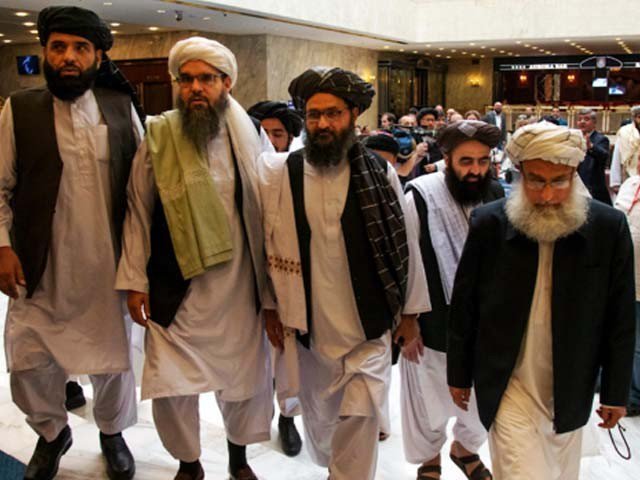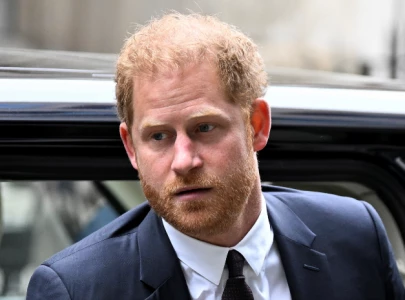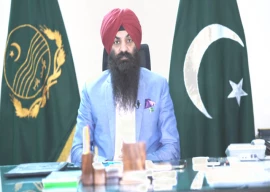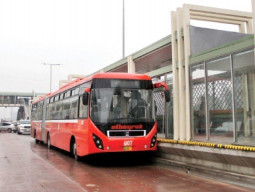
The Taliban spokesperson has already indicated that the group’s representatives would be willing to travel to Islamabad if given a formal invitation.
The development came against the backdrop of recent visit of Prime Minister Imran Khan to the United States, where he assured President Donald Trump that Pakistan would do “whatever is in its power” to facilitate the Afghan peace deal.
Afghan Taliban say ready to meet PM Imran
The US, according to officials and diplomatic sources, requested Pakistan to use its “good offices” to persuade the Taliban for a permanent ceasefire and intra-Afghan dialogue.
In his address to the US Institute for Peace in Washington, Imran indicated that he would meet the Afghan Taliban for this purpose.
Officials told The Express Tribune that the government is in the process of extending a formal invitation to the Taliban’s political office in Doha to visit Islamabad to meet the prime minister. However, no one from the government officially commented on the development given the sensitivities attached to the move.
Imran while on his way back from Washington had made a brief stopover in Doha. During his stay, Qatar’s prime minister hosted him. One of the subjects discussed during the meeting between the Pakistan and Qatari prime ministers was the Afghan endgame and how Taliban could be persuaded to show flexibility on certain issues, said a diplomatic source.
Qatar is currently hosting the Taliban political office and is believed to have considerable leverage over the insurgent group.
It is believed that Pakistan would send an invitation to Mullah Abdul Ghani Baradar, the deputy head of Taliban and Sher Abbas Stanekazai, who is currently leading negotiations with the US interlocutors led by Zalmay Khalilzad.
Baradar, the co-founder of the Taliban movement, had remained in Pakistan’s custody for several years before he was released last year at the request of US and Afghanistan to facilitate the peace process.
His release and subsequent participation in peace process played a vital role in bringing the US and Taliban close to a possible deal.
But before inviting the Taliban delegation, Pakistan decided to take the Afghan government on board since in the past Kabul expressed reservations over insurgents meeting the prime minister.
The Afghan Taliban delegation was scheduled to visit Islamabad and meet Prime Minister Imran in February, but the visit was cancelled at the last moment after Kabul protested calling it as intervention in the internal affairs of Afghanistan.
Ready to push peace process, PM Imran tells Afghan President Ghani
Pakistan; however, is now confident that the Ghani administration will not have any issue with the Taliban visiting Islamabad since this is all part of efforts to seek a peaceful solution to the 18-year-long war in the neighbouring country.
Relations between Pakistan and Afghanistan have shown some improvement in recent weeks after the visit of President Ashraf Ghani to Islamabad.
Also this time Pakistan’s move has full backing of the US, which is relying heavily on Islamabad to break the stalemate on some of the contentious issues.
The US and the Taliban representatives have held several rounds of talks in Doha since January. The two sides believe to have covered considerable ground on the timeline for the US troops’ withdrawal and assurance by the Taliban for not allowing Afghan soil to be used by terrorist groups.
But two stumbling blocks to the permanent ceasefire and direct talks between Taliban and Kabul have emerged. On Saturday, the Afghan government announced that they would be soon meeting the Taliban delegation in the first direct talks in some European country.
But the Taliban spokesperson was quick to reject the claims, saying the group would only speak to the Ghani administration once the deal with the US was struck.
There are indications that the US and Taliban will soon sign a Memorandum of Understanding (MoU) on the timeframe for the troops’ pullout and Afghan soil not to be used again for terrorism.
Once the MoU is signed, Taliban are expected to meet the other rival groups, including the Afghan government, for discussing a broader political roadmap in the post-US withdrawal scenario.

1731570357-0/elon-musk-(1)1731570357-0-165x106.webp)
-(1)1717678110-0/Kendrick-(1)-(1)1717678110-0-165x106.webp)














COMMENTS
Comments are moderated and generally will be posted if they are on-topic and not abusive.
For more information, please see our Comments FAQ